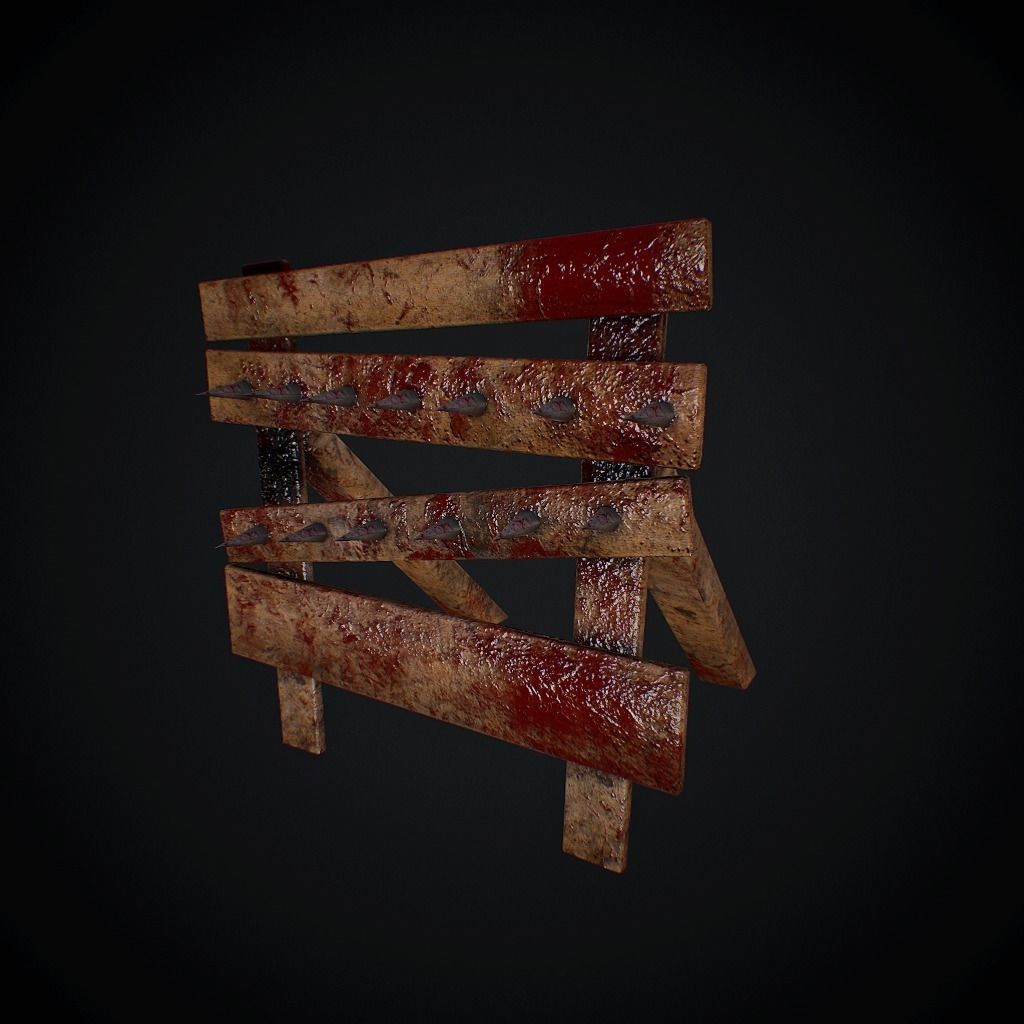

Bear in mind that other Fourth Amendment problems with sobriety check-points may exist when individual drivers passing through the check-point are asked to pull over. In the final analysis, it is now the law that from a narrow Fourth Amendment standpoint, nondiscriminatory sobriety check-points in general are not unreasonable. As to the effectiveness of the sobriety check-point, the court held that the procedure was effective, even though only 1 of the 126 drivers stopped was arrested. Moreover, Rehnquist found that a 25 second delay in travel was minimally intrusive on motorist’s rights, especially considering the fact that traveling motorists could turn off the road when they saw the roadblock, or make U-turns to avoid passing through it. The Chief Justice reasoned that no one could seriously dispute the magnitude of the drunken driving problem or the State’s interest in eradicating it. This test involved balancing the State’s interest in preventing accidents caused by drunk drivers, the effectiveness of the sobriety check- points in achieving the goal, and the level of intrusion on an individual’s constitutional right to privacy caused by the check-points. Rehnquist applied a three-point balancing test to determine whether sobriety check-points in general are reasonable under the Fourth Amendment. The Court determined that the Michigan check-point, under the facts and circumstances presented, did not create an overwhelming intrusion on individual’s privacy under the Fourth Amendment. These facts were apparently important to Supreme Court Chief Justice Rehnquist, who wrote the opinion for the majority. Out of the 126 motorists which passed through the check-point, only three motorists were asked to pull over. When officers believed that the drivers stopped at the check-point might be under the influence of an intoxicant, those vehicles were asked to pull over to the side of the road and drivers were requested to perform field sobriety tests. The operation lasted for an hour and fifteen minutes and every vehicle passing through the designated location was stopped for approximately 25 seconds. The only check-point operated in Michigan was in Saginaw County. In Sitz, a group of Michigan motorists challenged the constitutionality of a highway sobriety check-point utilized by the Michigan State Police. The United States Supreme Court arrived at an answer to this question in Michigan Department of State Police v. What is a motorist obliged to do when confronted with a police roadblock? The following article appeared in Volume 2, Issue 4 of the NMA Newsletter.īy William Pangman, a past president and founder of the Wisconsin Association of Criminal Defense Lawyers.


 0 kommentar(er)
0 kommentar(er)
